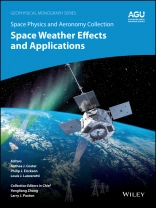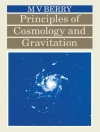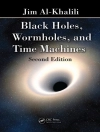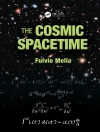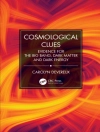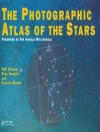Examines how solar and terrestrial space phenomena affect sophisticated technological systems
Contemporary society relies on sophisticated technologies to manage electricity distribution, communication networks, transportation safety, and myriad other systems. The successful design and operation of both ground-based and space-based systems must consider solar and terrestrial space phenomena and processes.
Space Weather Effects and Applications describes the effects of space weather on various present-day technologies and explores how improved instrumentation to measure Earth’s space environment can be used to more accurately forecast changes and disruptions.
Volume highlights include:
* Damage and disruption to orbiting satellite equipment by solar particles and cosmic rays
* Effects of space radiation on aircraft at high altitudes and latitudes
* Response of radio and radar-based systems to solar bursts
* Disturbances to the propagation of radio waves caused by space weather
* How geomagnetic field changes impact ground-based systems such as pipelines
* Impacts of human exposure to the space radiation environment
The American Geophysical Union promotes discovery in Earth and space science for the benefit of humanity. Its publications disseminate scientific knowledge and provide resources for researchers, students, and professionals.
Find out more about the Space Physics and Aeronomy collection in this Q&A with the Editors in Chief
Inhaltsverzeichnis
List of Contributors vii
Preface ix
Introduction: Space Weather Underlies Reliable Technologies 1
Louis J. Lanzerotti, Philip J. Erickson, and Anthea J. Coster
1. Effects of Space Radiation on Contemporary Space?]Based Systems I: Single Event Upsets, Spacecraft Charging, Degradation of Electronics, and Attenuation on Fiber Cabling 3
Daniel N. Baker and Michael Bodeau
2. Effects of Space Radiation on Contemporary Space?]Based Systems II: Spacecraft Internal and External Charging and Discharging Effects 13
Michael Bodeau and Daniel N. Baker
3. Effects of Space Radiation on Humans in Space Flight 63
Lawrence W. Townsend
4. Space Weather Radiation Effects on High?]Altitude/?]Latitude Aircraft 79
Christopher J. Mertens and W. Kent Tobiska
5. Remaining Issues in Upper Atmosphere Satellite Drag 111
Jeffrey P. Thayer, W. Kent Tobiska, Marcin D. Pilinski, and Eric K. Sutton
6. Solar Radio Burst Effects on Radio?] and Radar?]Based Systems 141
Dale E. Gary and Timothy S. Bastian
7. Space Weather Influences on HF, UHF, and VHF Radio Propagation 153
Gary S. Bust, William Liles, and Cathryn Mitchell
8. GNSS/GPS Degradation from Space Weather 165
Anthea J. Coster and Endawoke Yizengaw
9. Geomagnetic Field Impacts on Ground Systems 183
John Kappenman and William Radasky
Epilogue: The Road to Future Progress in Space Weather Understanding 215
Philip J. Erickson, Louis J. Lanzerotti, and Anthea J. Coster
Index 217
Über den Autor
Anthea J. Coster, MIT Haystack Observatory, USA.
Philip J. Erickson, MIT Haystack Observatory, USA.
Louis J. Lanzerotti, New Jersey Institute of Technology, USA.
